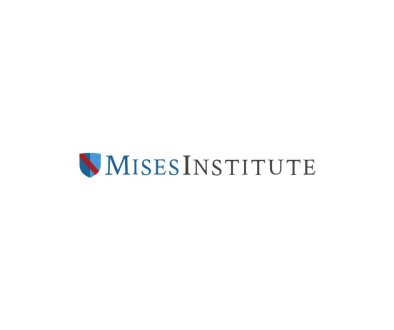No Pseudonymity for Yale MBA Student Suing Over Discipline for Alleged Use of AI on Exam
From today’s decision by Judge Sarah Russell (D. Conn.) in Doe v. Yale Univ.:
John Doe brought this action after he was suspended from graduate studies at the Yale School of Management (“SOM”). After completing his undergraduate degree at Rice University in 2012, Doe pursued a career as an entrepreneur and investor. Doe enrolled in 2023 in SOM’s Master of Business Administration for Executives (EMBA) program as a member of the class of 2025.
In the summer and fall of 2024, SOM convened disciplinary proceedings against Doe after an instructor accused Doe of using generative Artificial Intelligence (AI) during an examination. After various proceedings, SOM found that Doe engaged in academic misconduct; in response, SOM imposed a one-year suspension from campus and a mandatory “F” grade in the class.
Doe asserts in his Complaint that SOM instructors and administrators scrutinized his exam because he is a non-native English speaker {Doe is a French national and a United States resident}, that administrators retaliated against him after he accused them of national origin discrimination, and that SOM disciplined him without regard to the procedural safeguards for students provided by SOM’s Honor Code.
Doe sues Defendants for breach of contract, breach of the implied covenant of good faith and fair dealing, national origin discrimination in violation of Title VI, retaliation in violation of Title VI, intentional infliction of emotional distress, and negligent infliction of emotional distress. Doe seeks money damages as well as declaratory and injunctive relief removing the mandatory “F” grade from his transcript and permitting him to resume studies immediately at SOM.
The court doesn’t deal with the substantive claims, but concludes that Doe can’t proceed under a pseudonym:
Rule 10 of the Federal Rules of Civil Procedure instructs that “[t]he title of the complaint must name all the parties.” “This requirement, though seemingly pedestrian, serves the vital purpose of facilitating public scrutiny of judicial proceedings and therefore cannot be set aside lightly.” Indeed, this rule has “constitutional overtones,” in that it gives effect to the First Amendment’s guarantee of public access to courts by informing the public “who is using their courts.” … To overcome the presumption of di
Article from Reason.com

The Reason Magazine website is a go-to destination for libertarians seeking cogent analysis, investigative reporting, and thought-provoking commentary. Championing the principles of individual freedom, limited government, and free markets, the site offers a diverse range of articles, videos, and podcasts that challenge conventional wisdom and advocate for libertarian solutions. Whether you’re interested in politics, culture, or technology, Reason provides a unique lens that prioritizes liberty and rational discourse. It’s an essential resource for those who value critical thinking and nuanced debate in the pursuit of a freer society.




